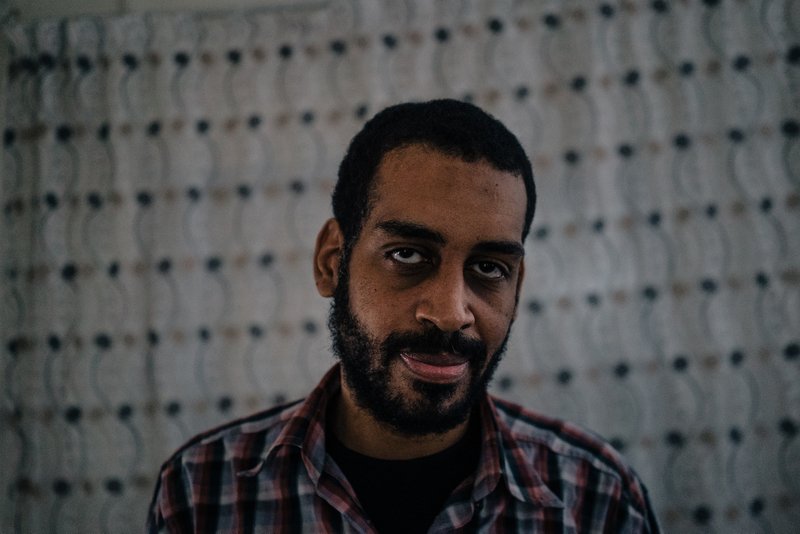The Syrian Democratic Forces, the Kurdish-led coalition of troops that has been backed by U.S. forces, has been guarding about 20 small prisons that hold 10,000 people accused of being members of the Islamic State. The Kurds also control and operate several camps that house 70,000 women and children accused of being family members of Islamic State fighters.
Now the Kurds say they may have to pull guards from these facilities to fight off Turkish troops crossing the border. The United States has said it won't intervene if this happens.
On Friday, the Syrian Democratic Forces said several Syrian Islamic State prisoners escaped from a detention facility in Qamishli, in northeastern Syria, after Turkish forces bombed it. Kurdish forces are caught between protecting the prisons and camps and staving off Turkish soldiers at the border.
The Syrian Democratic Forces remains secretive about many detention facilities, with foreign journalists, researchers and humanitarian aid workers allowed to access only a few. Many of the detention facilities are crowded "pop-up" prisons, converted schools or government offices where men are crammed in rooms without beds or mattresses and have little room to lie down.
"[The Islamic State militant group] would be very interested" in learning more about these facilities, said Elizabeth Tsurkov, a fellow in the Middle East Program at the Foreign Policy Research Institute. A Syrian Democratic Forces spokesperson declined to comment.
[Video not showing up above? Click here to watch » https://www.youtube.com/watch?v=hXrIOsVnu8E]
So far, the State Department has said there are no or just a few prisons in the area that Turkey has moved into. But Turkish authorities have also said they want to build a buffer zone 19 miles into Syria, and about 15% of the 10,000 prisoners are in that zone, according to the State Department.
Turkey has also signaled, and Kurdish forces fear, that the Turks will seize the opportunity and overrun the entire border area, in which there are more detention facilities.
The makeshift nature of many of these prisons is a concern. According to a recent report by Washington-based International Crisis Group, "The [Syrian Democratic Forces'] Western Coalition partners have been legally unable to contribute more than limited funds to reinforce existing detention facilities and turn buildings such as schools into 'pop-up prisons.'"
That's because the U.S. money that the Syrian Democratic Forces receives is congressionally mandated not to be used to build new structures, including better prisons.
"[Syrian Democratic Forces] partners have been concerned that [the Islamic State] could target these makeshift prisons for jailbreaks or that prisoners could stage riots that turn into mass escapes, a threat that will become all the more serious now that Turkey and its allies are entering northeastern Syria, and the [Syrian Democratic Forces] will have to redirect its resources to confronting them," the report continued.
Of the estimated 10,000 suspected Islamic State members held, about 2,000 are foreign fighters representing over 40 countries. The foreign fighters are generally hardcore supporters of the extremist group, compared with many of the Iraqi and Syrians who joined for socioeconomic rather than ideological reasons.
The United States has taken into custody and transferred to Iraq two high-profile detainees from Britain -- Alexanda Kotey and El Shafee Elsheikh -- who are accused of being part of the notorious "Beatles" who executed American hostages. U.S. officials are also weighing whether to take into custody or transfer another 40 individuals considered important Islamic State members.
In addition to the detention facilities, there are camps holding the wives and children of suspected fighters, some of whom are themselves members and supporters of the organization.
Observers have said that the Hol detention camp -- holding an estimated 70,000 women and children -- could be a particular risk, as it's badly secured and houses radicalized and violent detainees.
A Section on 10/13/2019

